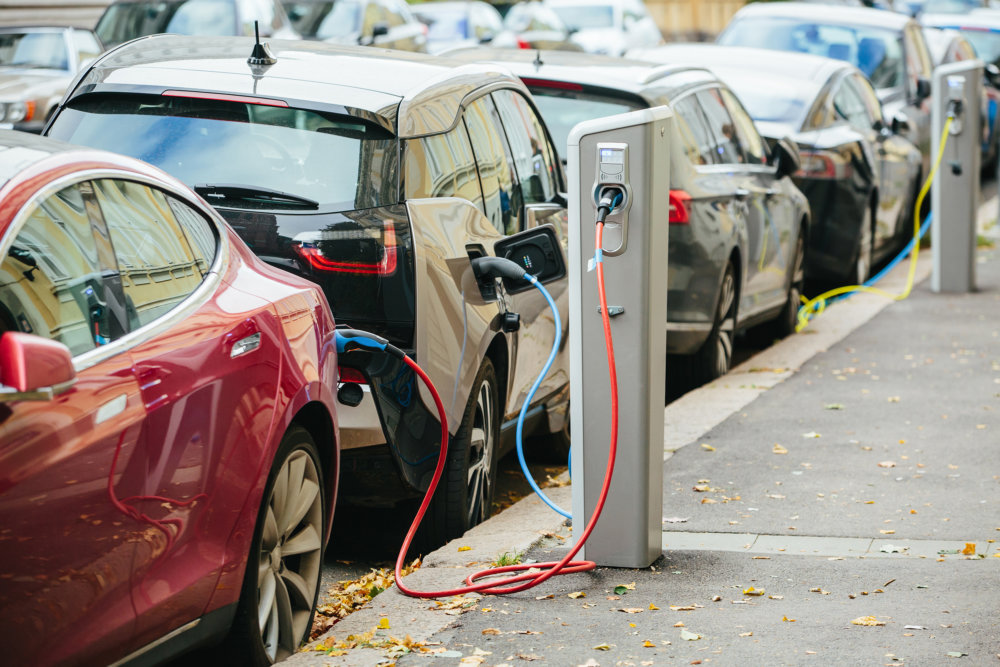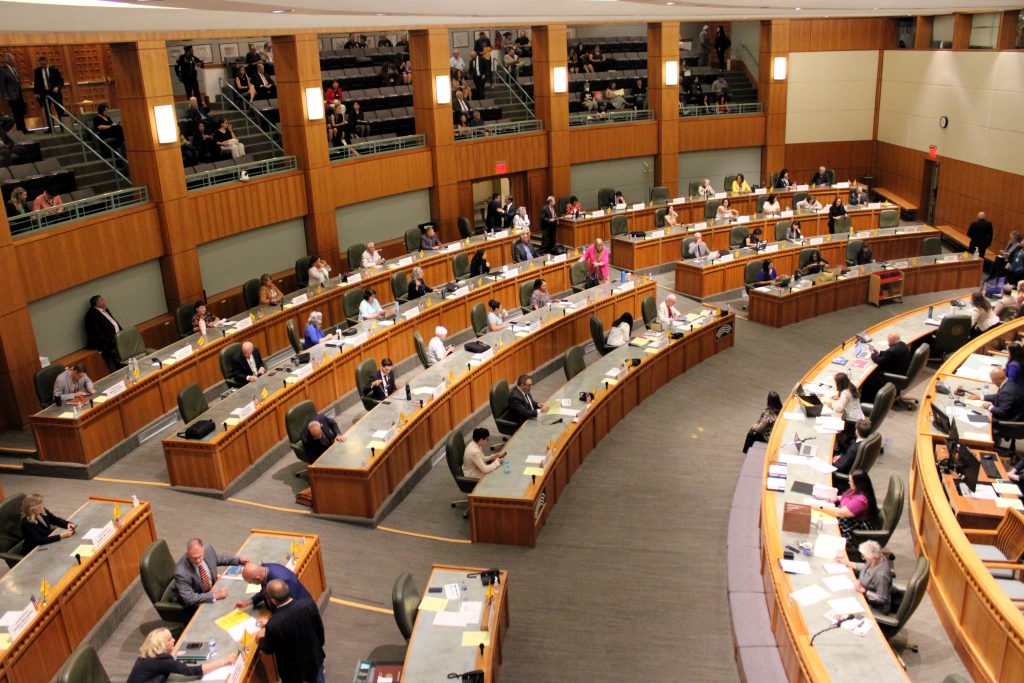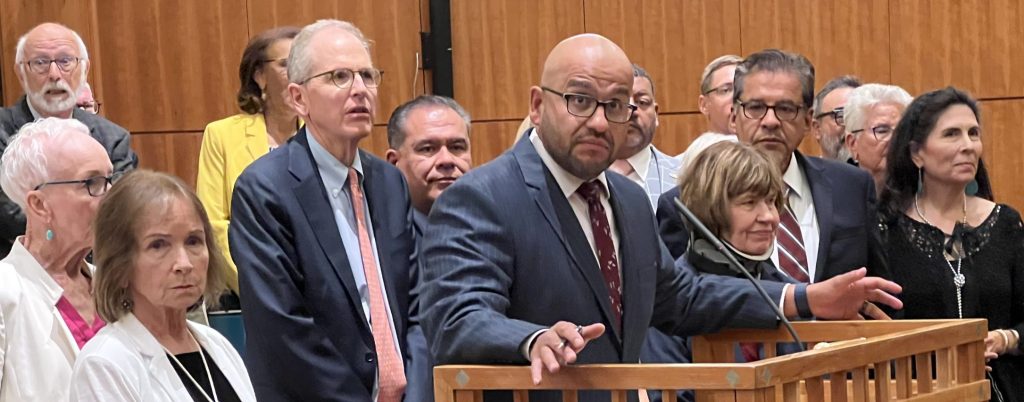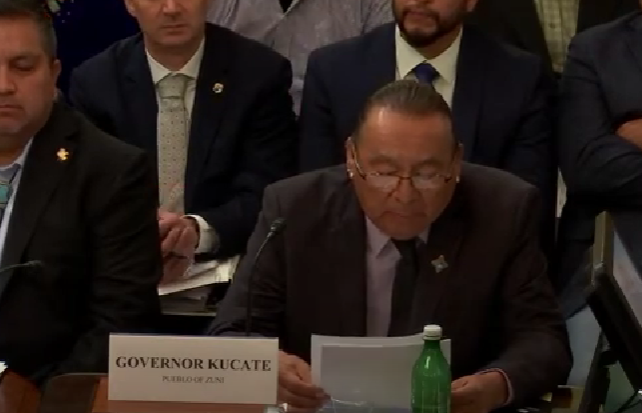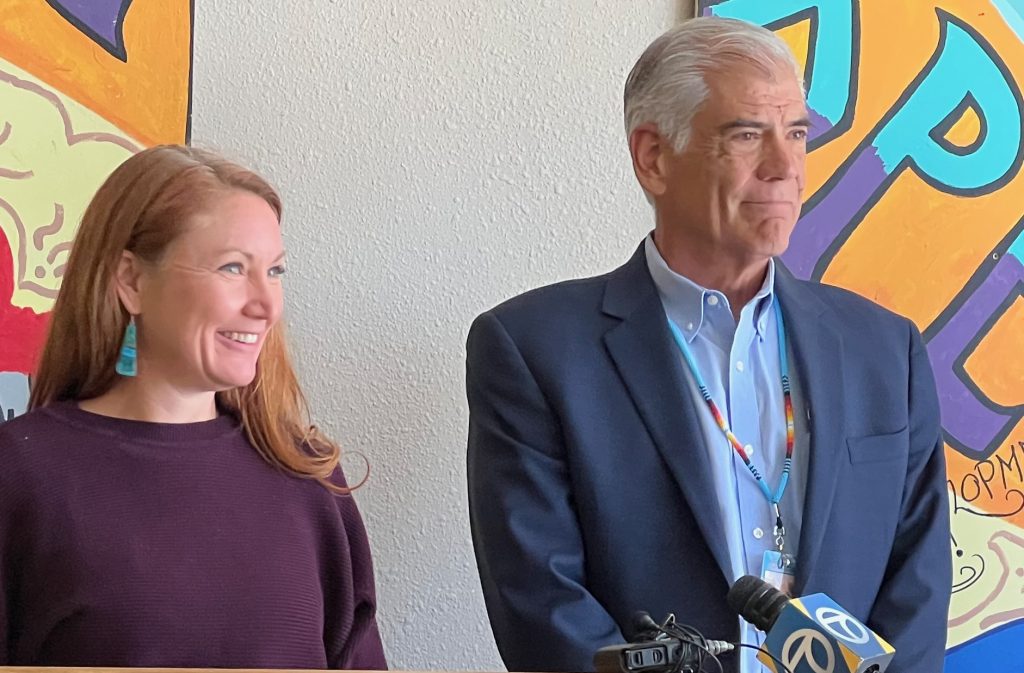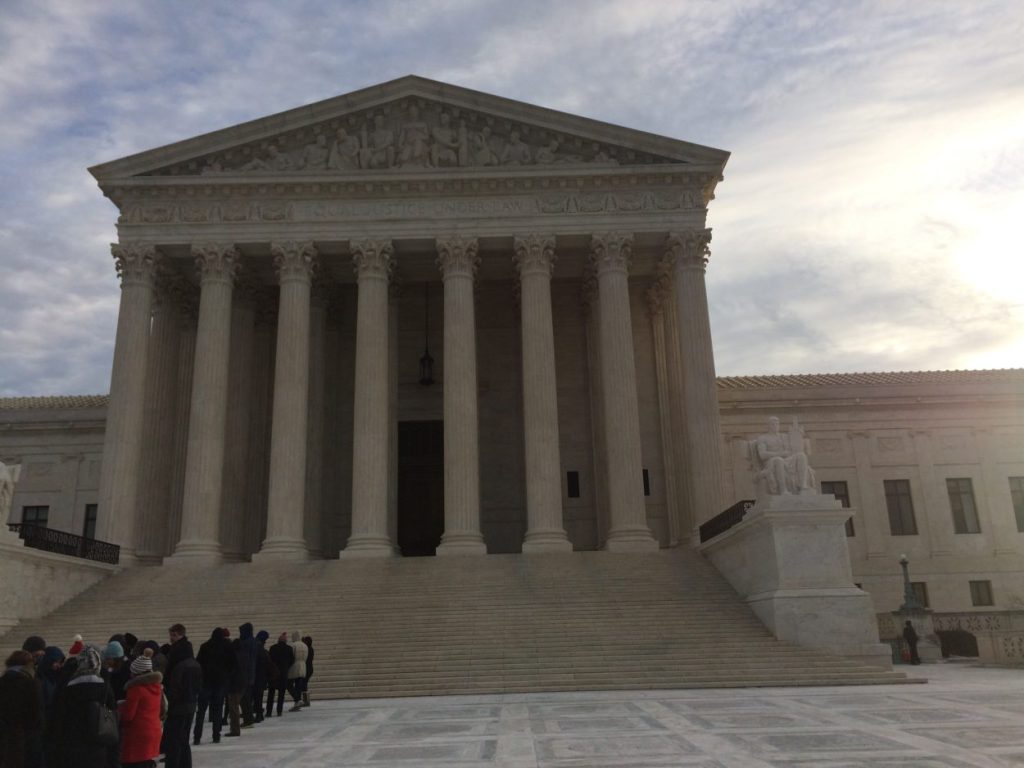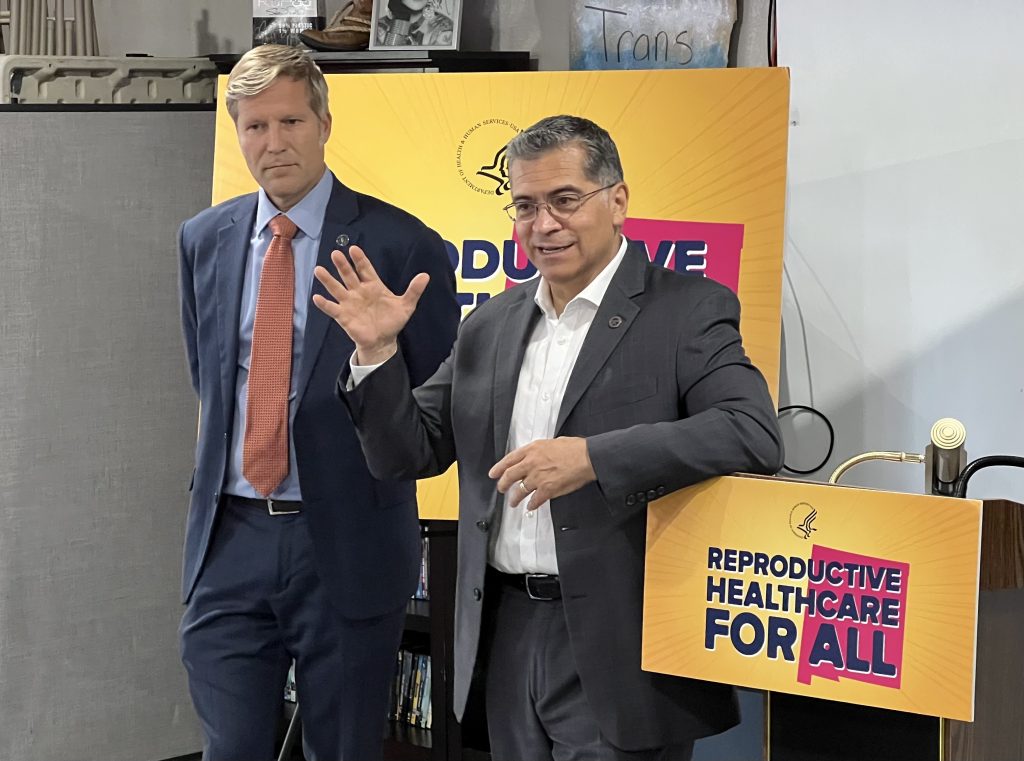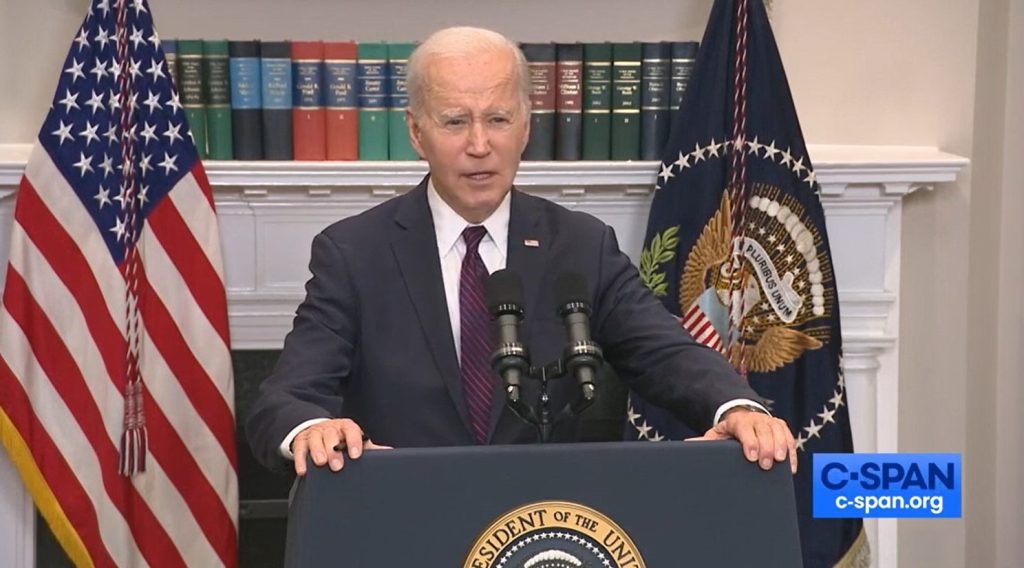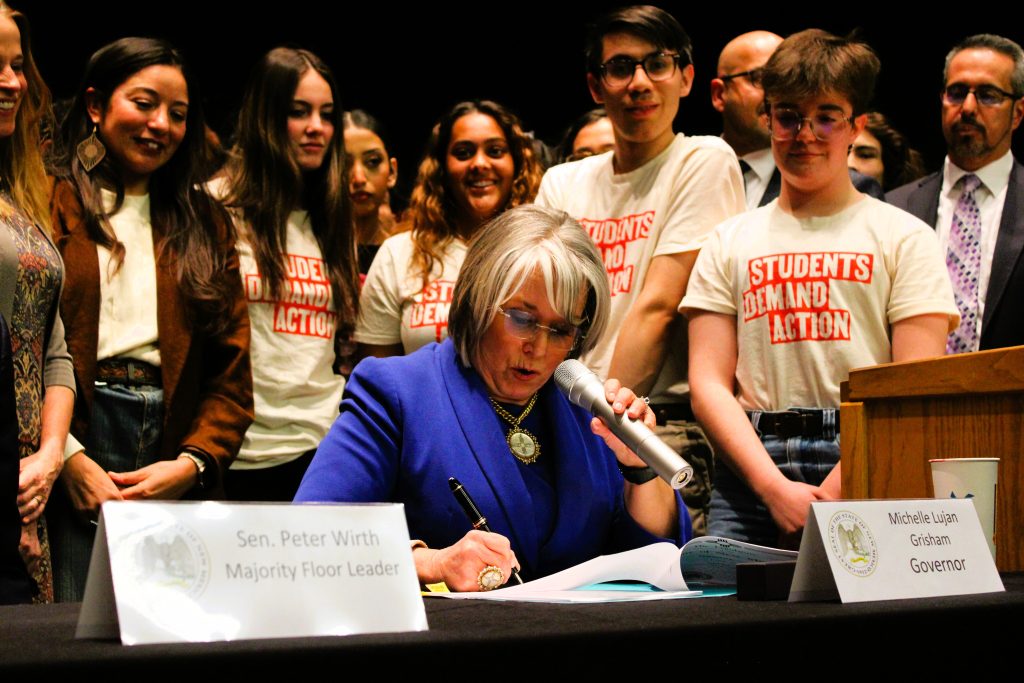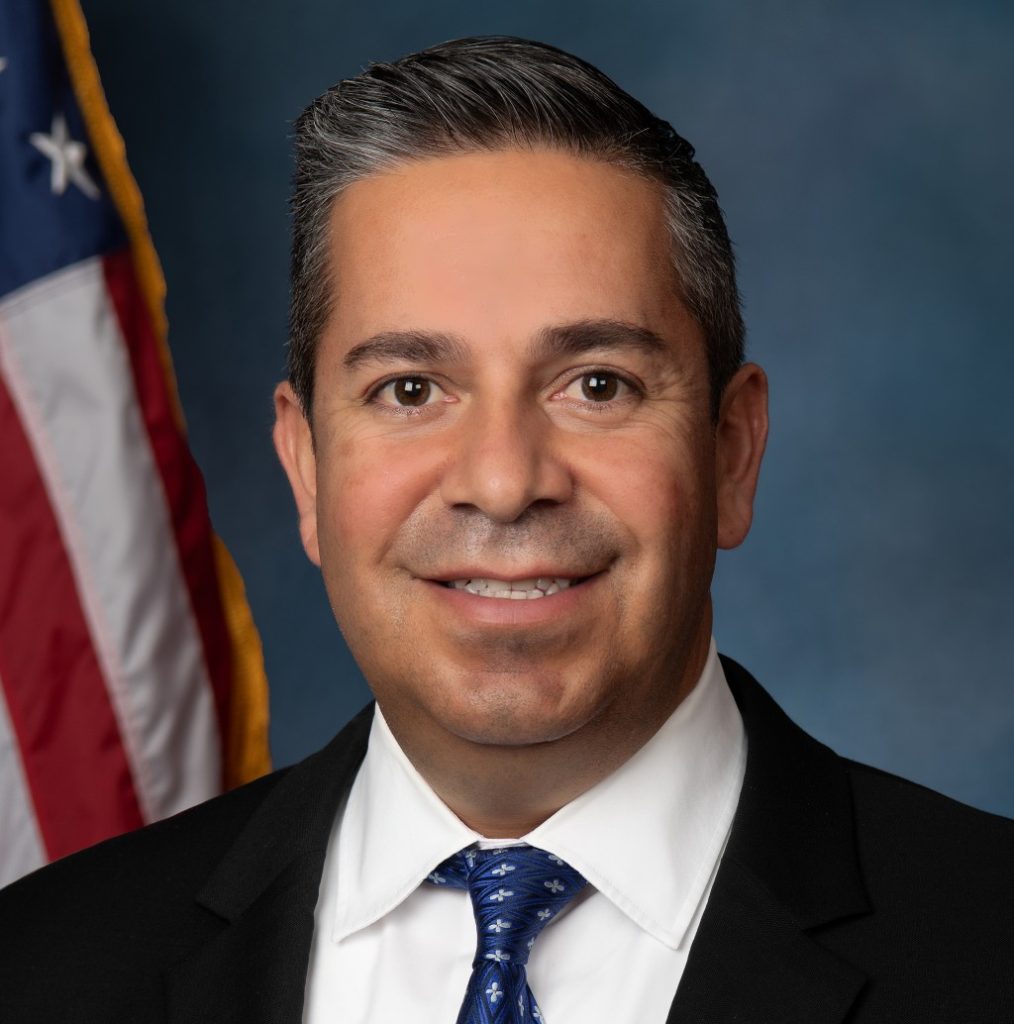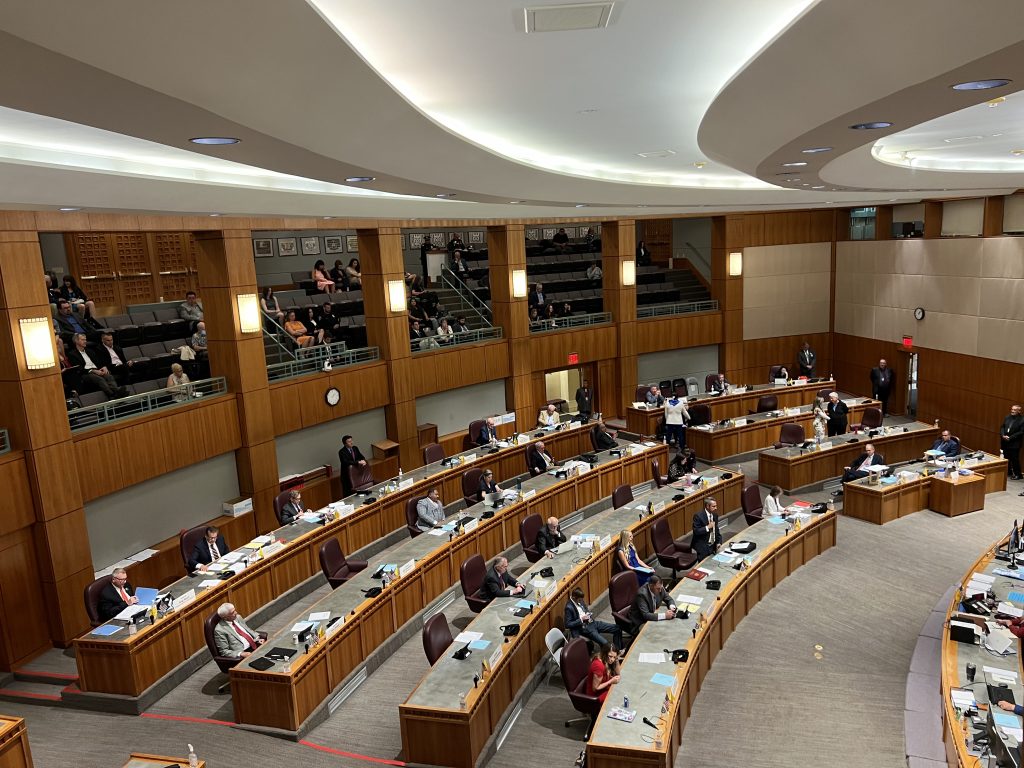The New Mexico Public Regulation Commission unanimously approved a plan from the state’s largest utilities for increasing adoption of electric vehicles this week.
The Public Service Company of New Mexico’s transportation electrification plan calls for $35 million in spending that will include things like charging stations and rebates for electric vehicle and e-bike owners.
A state law passed in 2019 requires public utilities to file transportation electrification plans with the PRC. These plans cover a period of three years.
The PRC engaged in lengthy discussions on Thursday prior to voting to approve the plan.
While the PRC approved much of the plan, the commissioners had some concerns with the utility and an alleged lack of transparency.
At one point during the discussion, Commission Chairman Pat O’Connell described PNM as asking for a large amount of money and flexibility without giving details such as how it reached the total sum that the company requested.
“PNM didn’t provide the facts behind that number,” he said. “So that leads me to create my own story in my own head and then have the job of voting whether it’s reasonable or not.”
These transportation electrification plans come as electric vehicles are growing in popularity.
“The price of new and used EVs continues to drop into affordable ranges,” Ona Porter of Prosperity Works said in a press release. “Federal rebates combined with PNM’s low-income rebates bring ownership of a new or used EV within reach to low-income New Mexicans.”
And it isn’t just federal rebates that are incentivizing growth in electric vehicle ownership.
“We know EVs are less expensive to own and operate than gas cars. With New Mexico’s new state rebates, existing federal credits available at point of purchase, and PNM and other utilities’ improved rebates, EV accessibility and affordability has skyrocketed for New Mexicans,” Camilla Feibelman, Sierra Club Rio Grande Chapter director, said in a press release. “EV adoption has put downward pressure on rates in other states because most charging can be done at night, when demand and prices are low, so this is a win-win-win for New Mexicans.”
PNM’s transportation electrification program includes $10,000 in rebates for customers.
The PRC also adopted many of the recommendations that groups like Western Resource Advocates made while intervening in the case.
WRA highlighted in a press release that the PRC approved the first direct-utility rebate in New Mexico, which will help low-income customers. Those customers will be eligible for up to $4,000 in rebates to purchase a new or used zero-emission vehicle. The commission also approved a rebate for customers to purchase e-bikes.
“PNM’s transportation electrification plan shows how utilities can play a big role in ensuring that zero-emission vehicles are robustly supported for an array of uses,” Deborah Kapiloff, transportation electrification policy advisor at Western Resource Advocates, said in a press release. “The health and financial benefits of zero-emission vehicles are clear, but more EV charging and assistance for low-income New Mexicans is needed to promote rapid, equitable adoption of this technology. Thanks to the Commission’s approval, PNM’s plan will promote the benefits of ZEVs, reduce vehicle costs for low-income buyers, and make the installation of chargers easier.”
Some customers who have level two electric vehicle chargers will also be eligible for what is known as the whole-house EV rate. This incentivizes customers charging their vehicles at certain times of the day. However, this rate is available for a limited number of customers.
The transportation electrification plan also allocates a significant amount of funding for education and outreach.
Commissioner James Ellison expressed some concerns about the amount of money going to what he described as “talking about transportation electrification.”
“My feeling here is that there should be less talk and more action, fewer ads and administrative costs and more infrastructure in the ground,” he said.
The PRC staff proposed spending less on administrative costs, which Ellison supported. That would result in a reduction in $2.8 million from the administrative budget. The proposal to reduce administrative costs by $2.8 million passed unanimously.
Commissioner Gabriel Aguilera was a bit more sympathetic toward spending for education and outreach.
“It’s an enormous transition,” he said. “The utility has practices that it needs to develop. Consumers need to be educated.”
He said initially there will be questions from customers that the utility will need to answer.
“To some extent, I do see how when you’re standing up essentially a new program it’s going to take a higher percentage of investment into non-physical infrastructure,” he said.
In other electric vehicle news, PNM announced this week the launch of an electric vehicle car share program. PNM is partnering with the City of Albuquerque, the Land of Enchantment Clean Cities Coalition, and Sol Housing to offer this program.
“PNM is proud to help bring this carsharing program to our state,” said Don Tarry, President and COO of PNM. “Being able to help provide folks with access to affordable transportation is extremely important. What makes this even better is that people will be able to get a first-hand experience with an electric vehicle.”
The cars will be based at a new multifamily housing development on Central Avenue in Albuquerque. In addition to the two EVs at the property that will be available for both members of the public and residents of the housing development, the project also includes charging stations.

